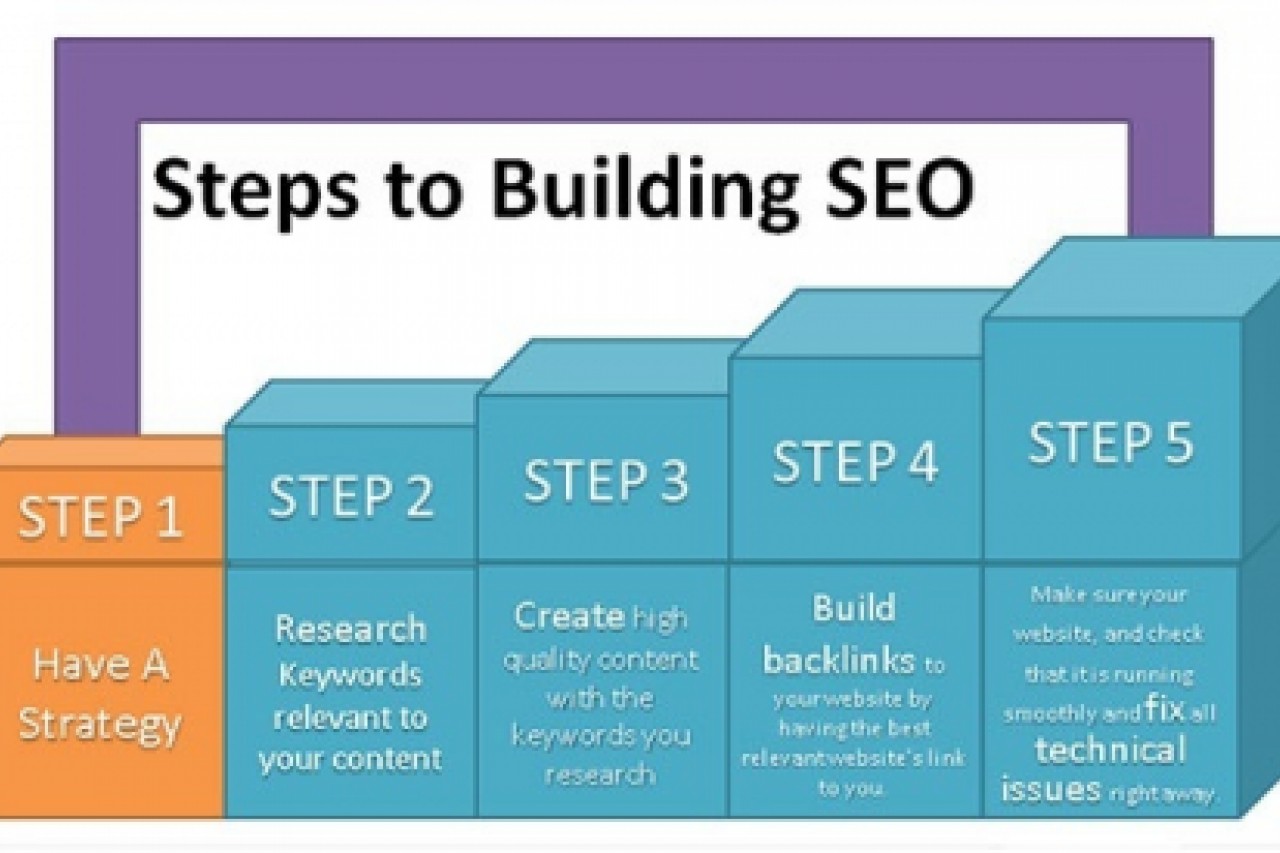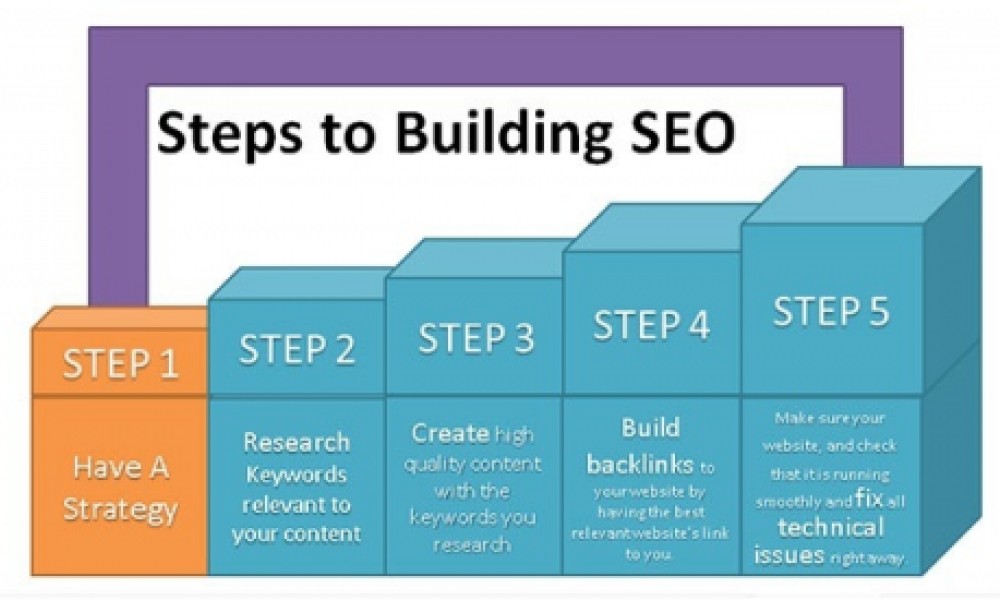A Step-By-Step Guide to Improve Your SEO

Are you trying to get your website to perform better on organic google search? If you are you could have a read of our step by step S.E.O. (Search Engine Optimisation) guide, which may help you appear higher up on search and generate more traffic to your website.
SEO Step 1. What Keywords are your target audience using?
You need to know what keywords your target audience is using when typing words into Google or Bing. This requires some research to uncover insights about your target audience. Pretend to be your customer looking for the product or service that your company provides. What would you type? For example, if you are a builder, are they looking for a builder or a loft conversion? How should your website look to best satisfy the search requirements of your customer?
SEO Step 2. Write Good-Quality Content
You need to produce content that your target audience actually wants to read and finds interesting. Good quality content includes answers the questions that your potential buyers have and provides them with the information they can use and educates them so they can be better at what they do. Within the content you are writing, it is important to use keywords naturally. Don’t try to stuff your pages with keywords (i.e. adding keyword terms over and over again in your content, in your meta tags, in your Alt descriptions etc) in an attempt improve your site’s performance. this will not help your search ranking, in fact, it could have a negative effect.
The search engine's bots are highly sophisticated these days and can penalise sites that are using spammy overuse of keywords, so it is important to write text that still reads well whilst addressing the main issues of the target audience.
SEO Step 3. Keywords in Your Website's Page URLs
What you call your page can really help your SEO because the search engines regard the name of your website's URLs as an important factor when analysing whether to suggest it to their users as a credible website to read. The keywords will hopefully be identified by your keyword research. For example, if your page talks about your search engine optimisation, then the URL for that page should be https://www.peritusdigital.co.uk/services/seo. Identify the most commonly searched for keywords and decide on the keywords that is most relevant to your business and your customer's needs.
You can use Google Adwords keywords planner to help you with your research, however in order to obtain accurate data rather than "rage data" you will need to be spending money with Google, so you may require us to do this for you. We can normally turn this around in a couple of hours.
SEO Step 4. The Page Titles that you use are important too
Google will read the page titles that you use and these are important to get right. However, don't forget it is important that your target audience find the page titles interesting too. Using the example of people interested in SEO services see how we have tailored the titles on the page https://www.peritusdigital.co.uk/services/seo so that they might be relevant to a potential searcher.
SEO Step 5. Go back over your website to see if it can be reworded to increase the amount of relevant keyword content
Once you have written good quality content that your target market wants to read and have titles that grabs peoples attention and encourages them to read on, take the time to review everything you wrote. Look to see if there is an opportunity to naturally increase the relevant keywords without sounding spammy. Can you reword a phrase to include a keyword?
In my SEO example https://www.peritusdigital.co.uk/services/seo you can see how we have worded this to increase the keywords but with it still being an interesting piece to read for our target audience.
SEO Step 6. Improve the user experience of visitors to your website
A good user experience is becoming more and more important in order for your website to perform well in search. Google will recommend websites that give its customers a better user experience than those that don't, so you need to make sure that once someone lands on your website they stick around to read it, without leaving straight away. For example, mobile is where most websites are being viewed these days. So how does your website look to someone on a mobile? Most web designers and clients will look at their website on a nice big screen but in the real world, it is most likely to be viewed on mobile.
SEO Step 7. Employ an Expert
A lot of search engine optimisation techniques can be common sense. However, if it is within your budget, using the services of an SEO expert to ensure your site is truly optimised is a good idea. A SEO consultant or agency can audit your site and look at how it is performing against your most important keywords. They will provide you with a prioritized list of action items to help you take your site to the next level. If you would like Peritus Digital to look a lok at it for you please contact us here.

